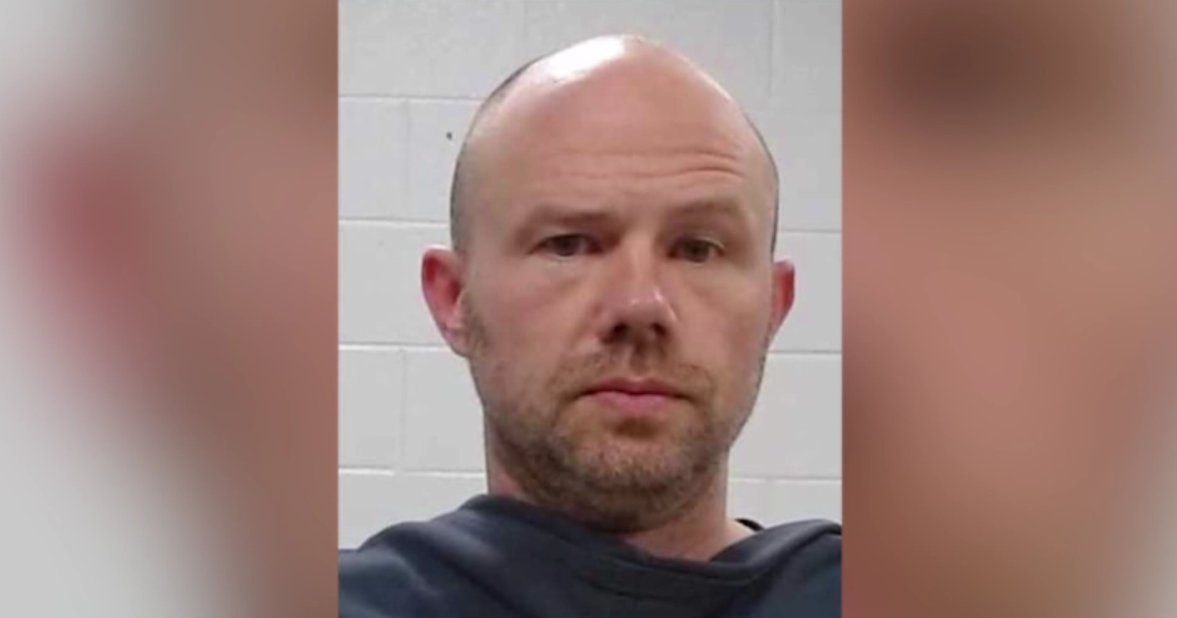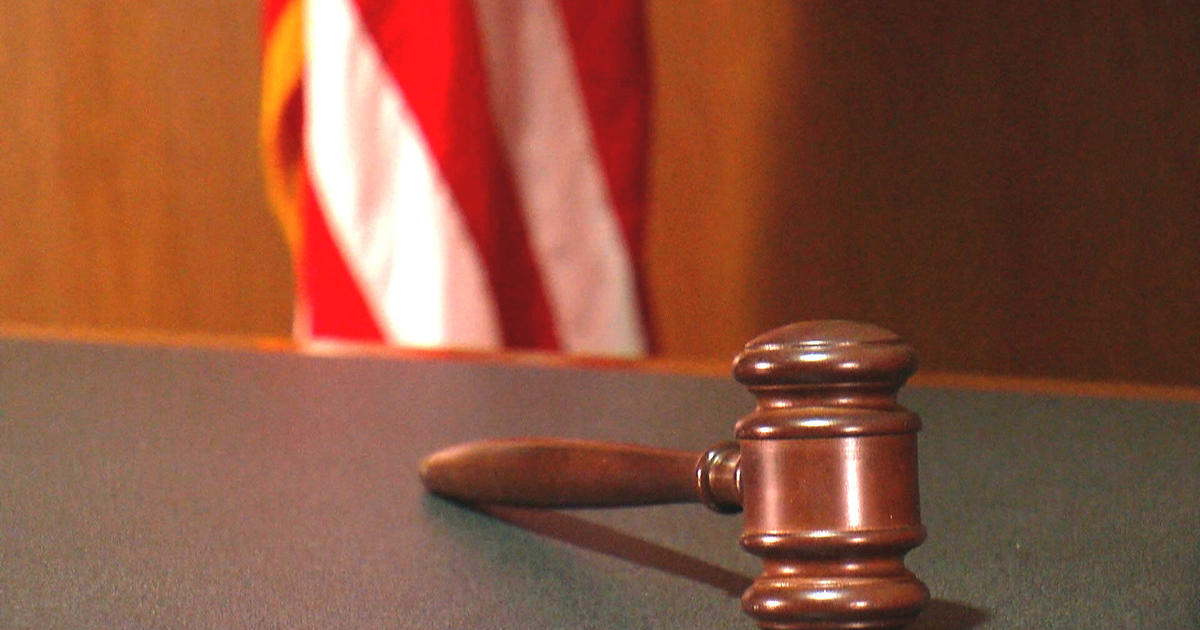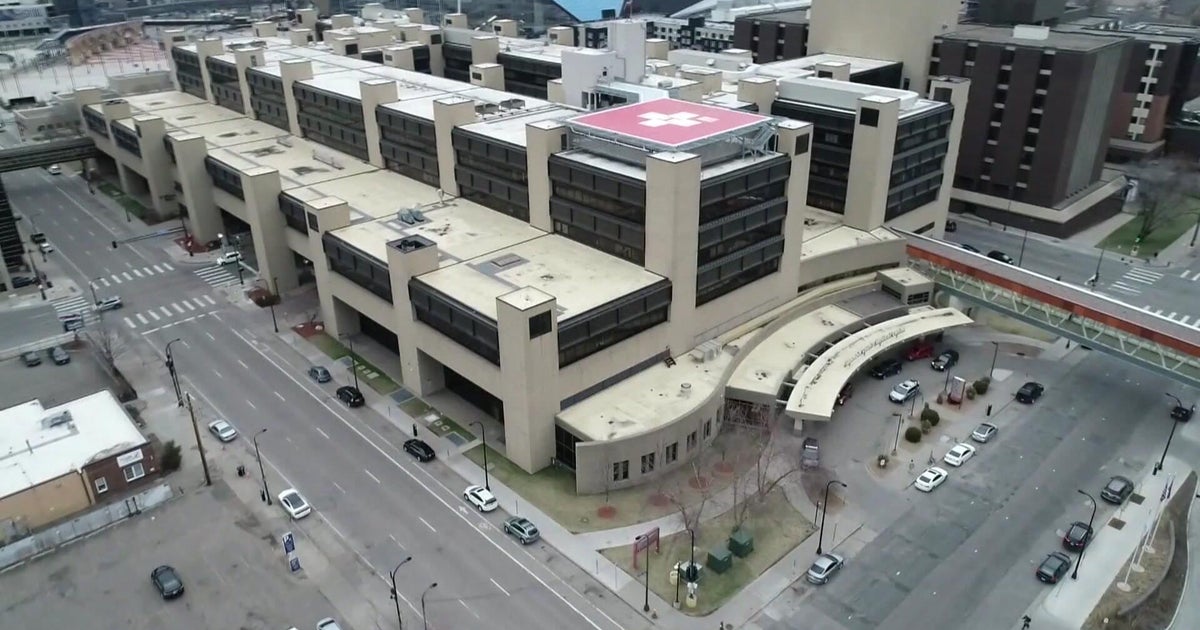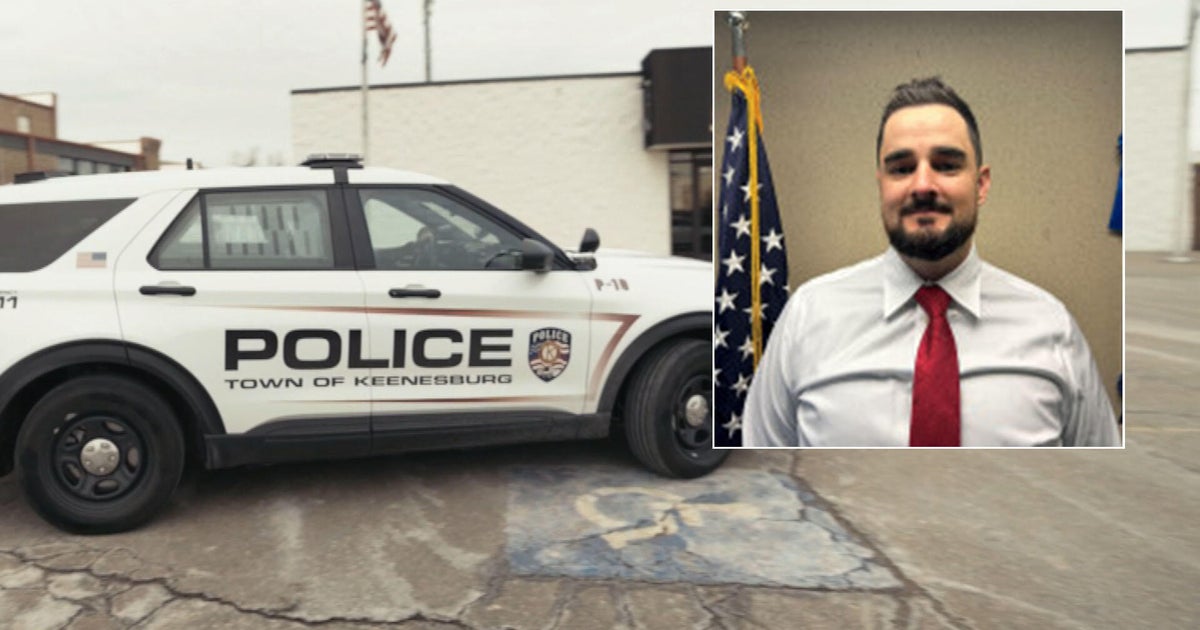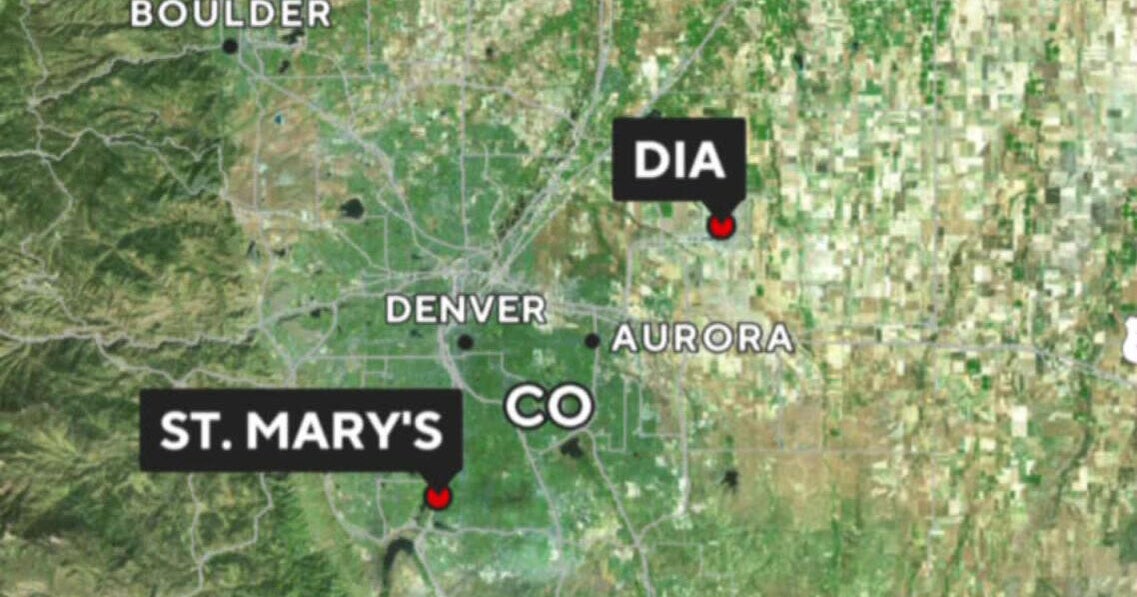For Minn. Catholics, Troubling New Abuse Scandal
ST. PAUL, Minn. (AP/WCCO) — When Jennifer Haselberger uncovered what looked like recent, troubling sexual behavior by several Minnesota priests — a stash of possible child pornography on one priest's computer hard drive, another with a well-documented history of sexual compulsion still leading a parish — she tried to ring alarm bells at the top ranks of the St. Paul-Minneapolis Archdiocese.
But Haselberger, who resigned last April as the archdiocese's chancellor for canonical affairs, said she felt ignored. She has since gone public with concerns that Minnesota's archbishop and top deputies failed to truly reform how they handle problem priests, despite repeated promises to do so.
"I do not believe it can be said that the archdiocese is honoring its promise to protect" children and young people, Haselberger said last week in a statement to the media.
During a deposition, attorney Jeff Anderson said, "I have never seen more incriminating documentation of an ongoing coverup, and conspiracy by the highest officials in any diocese."
Unlike many of the abuse revelations that have rocked the U.S. Catholic Church, the allegations Haselberger brought to light aren't decades old or involve perpetrators long retired or dead. They all happened after 2002, when U.S. bishops held a high-profile meeting in Dallas and approved broad policy changes meant to quickly remove predatory priests from parishes and restore the church's tattered credibility with millions of Catholics.
"They weren't just going to sweep stuff under the rug. They weren't going to move him around," said Joe Ternus, who in 2004 found what he called "a ridiculous amount of pornography" on the hard drive of a computer he purchased at a church rummage sale and that had belonged to Jonathan Shelley, a parish priest.
Ternus, whose parents and sister attended Shelley's church, turned the hard drive over to archdiocesan officials.
"I was given assurances that this wasn't going to happen, but that's exactly what happened," Ternus said.
Haselberger's allegations have the St. Paul-Minneapolis Archdiocese playing defense. Last week, Archbishop John Nienstedt accepted the hasty resignation of his top-ranking deputy, the Rev. Peter Laird, who wrote in his resignation letter that he hoped to "repair the trust of many, especially the victims of abuse." Nienstedt also convened what he said would be an independent task force to examine the way church leaders officials have handled accusations of sexual misconduct by priests.
But church leaders weren't initially so eager to deal with the cases. Minnesota Public Radio News obtained a letter from Nienstedt to Cardinal William Levada, the now-retired Vatican official who ran the office that oversees errant priests, spelling out how an archdiocese investigator found pornographic images on Shelley's hard drive that were at least "borderline illegal, because of the youthful looking male images."
"My staff has expressed concern the fact that CD-ROMs containing the images remain in the cleric's personnel file could expose the archdiocese, as well as myself, to criminal prosecution," Nienstedt wrote in the letter.
Haselberger told MPR News she was later told Nienstedt's letter was never actually sent to the Vatican.
The archdiocese declined to make Nienstedt or Laird available for interviews. WCCO reached out to the diocese several times on Tuesday for a comment, and sent out the following statement, "We will cooperate with any investigation, as we have cooperated since the outset."
Spokesman Jim Accurso said media coverage of the recent allegations "leave a false impression about the commitment of the archdiocese to identify and address sexual misconduct by priests." He said eliminating any form of abuse is the "highest priority" for the archdiocese.
Tom Wieser, an attorney for the archdiocese, has called Haselberger "a disgruntled former employee." She worked at the archdiocese from 2008 to last April, when she resigned because of concerns about the way sexual abuse allegations were handled.
According to a police report, Haselberger found computer discs and a white three-ring binder in the vault last year that appeared to be evidence from a 2004 internal investigation into the images. A police report said Haselberger told Laird what she found, and was instructed to "put them back in the vault."
Shelley's lawyer said there was no child pornography on the disc. And an attorney for the archdiocese said a computer forensics expert also found no evidence to support Haselberger's allegations. Police also found no evidence of child pornography, but acknowledged they didn't have the computer itself.
Police received new information from Ternus on Friday, and on Tuesday afternoon they announced they were reopening the child pornography investigation. In his initial report, lead investigator Sgt. William Gillet openly wondered whether the archdiocese turned over all the pertinent evidence.
In the other case at issue, the Rev. Curtis Wehmeyer was allowed to remain in ministry in St. Paul despite ample evidence that archdiocesan leaders knew of sexual misconduct. He is now in prison for sexually abusing two children and possessing child pornography.
Haselberger told The Associated Press in an email Tuesday that she raised concerns with her superiors in 2008, and again last year.
"Having worked on similar cases in other dioceses, I was completely unprepared for the responses I received in the Archdiocese of Saint Paul and Minneapolis," she wrote.
The new policies formulated by bishops in 2002 were specifically designed to quickly root out problem priests. One church leader instrumental in that process was Harry Flynn, Nienstedt's predecessor in St. Paul-Minneapolis. Flynn is implicated in some of the decisions that Haselberger brought to light; he could not be reached for comment Tuesday.
"Since 2002, there was a real sea change, and I believe most bishops got it," said Nicholas Cafardi, a former church canon lawyer who was involved in drawing up the new policies. Now a professor at Duquesne University in Pittsburgh, Cafardi said he would be personally shocked to learn that top officials in any diocese sheltered potential abusers since then.
Cafardi cautioned that he's not familiar with the new allegations, and noted in particular that finding a priest in possession of legal pornography raises thorny questions for his supervisors in the church. But if it's proven that church leaders failed to live up to the 2002 policies, he said, it would damage the church's efforts to move beyond past scandals.
"Any diocese that's not following that makes people question the credibility of the policy," he said. "That then harms the entire church in the U.S., because people will think if this bishop does it, then is another bishop doing it?"
(TM and © Copyright 2013 CBS Radio Inc. and its relevant subsidiaries. CBS RADIO and EYE Logo TM and Copyright 2013 CBS Broadcasting Inc. Used under license. All Rights Reserved.This material may not be published, broadcast, rewritten, or redistributed. The Associated Press contributed to this report.)
